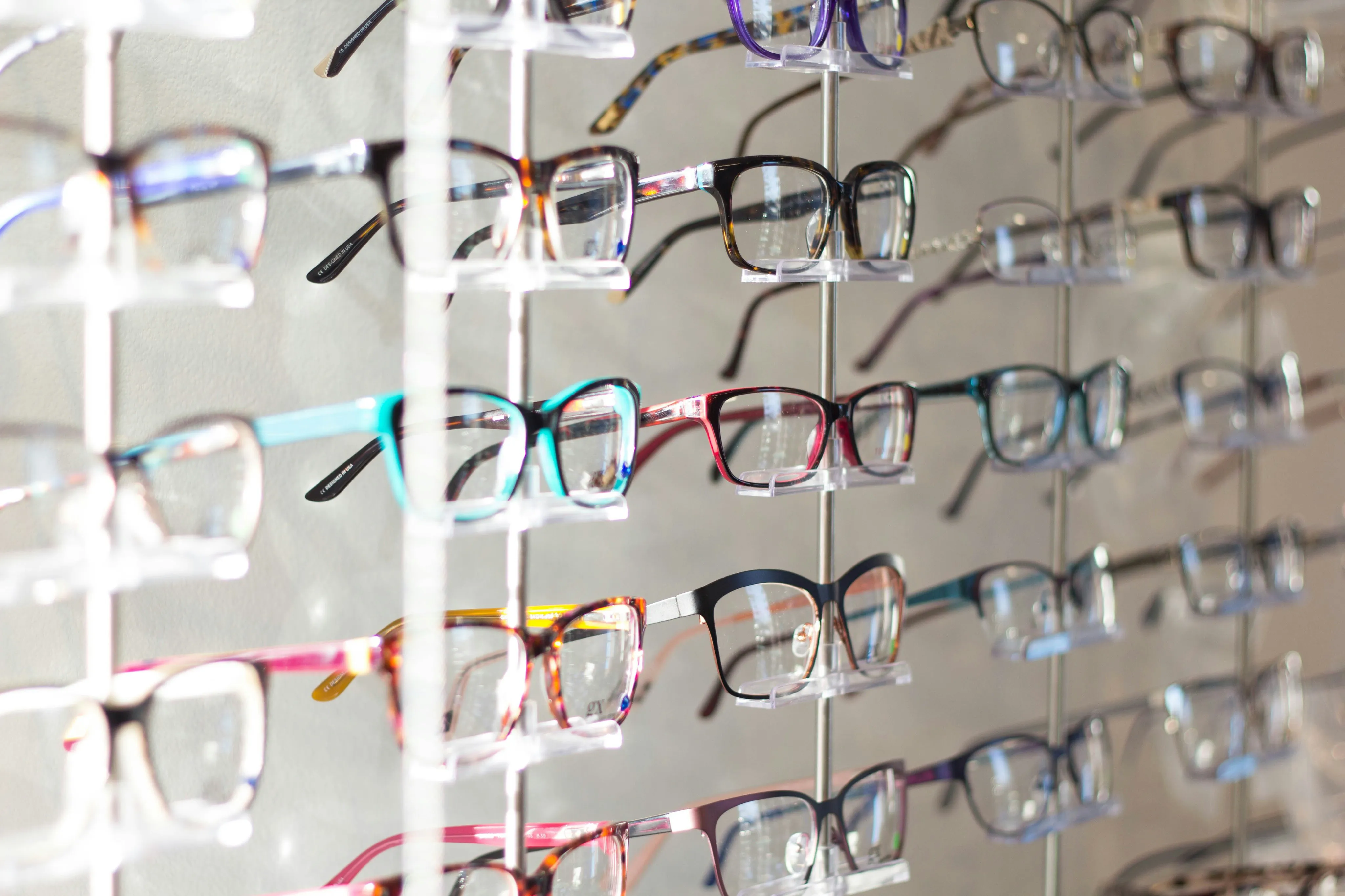Diabetic Eye Exam

Protect your vision. Stay ahead of complications.
If you’re living with diabetes, your eyes need extra attention. At CTrue Vision, we specialize in diabetic eye exams designed to catch signs of eye disease early - before they impact your vision permanently.
Why It’s Important:
Diabetes can quietly damage blood vessels in the retina, leading to diabetic retinopathy, macular edema, glaucoma, or even blindness. The good news? With regular exams, we can detect these issues early and help preserve your sight for years to come.
What We Look For:
- Retinal damage (diabetic retinopathy)
- Swelling in the macula (macular edema)
- Early signs of glaucoma or cataracts
- Changes in vision due to blood sugar levels
Using advanced imaging and modern diagnostic tools, our optometrists do a thorough scan of your retina, optic nerve, and eye pressure - all in a quick, comfortable visit.
Covered by Insurance. Backed by Care.
Most major vision and medical plans cover diabetic eye exams, and our office staff will help ensure your visit is smooth and stress-free. Whether you’ve been recently diagnosed or managing diabetes for years, we’re here to support your long-term eye health.
Schedule your diabetic eye exam today.
- Call (718) 534-7100 for appointments.
- Available in both Brooklyn locations.
- Open Sundays. Accepting most insurances.

